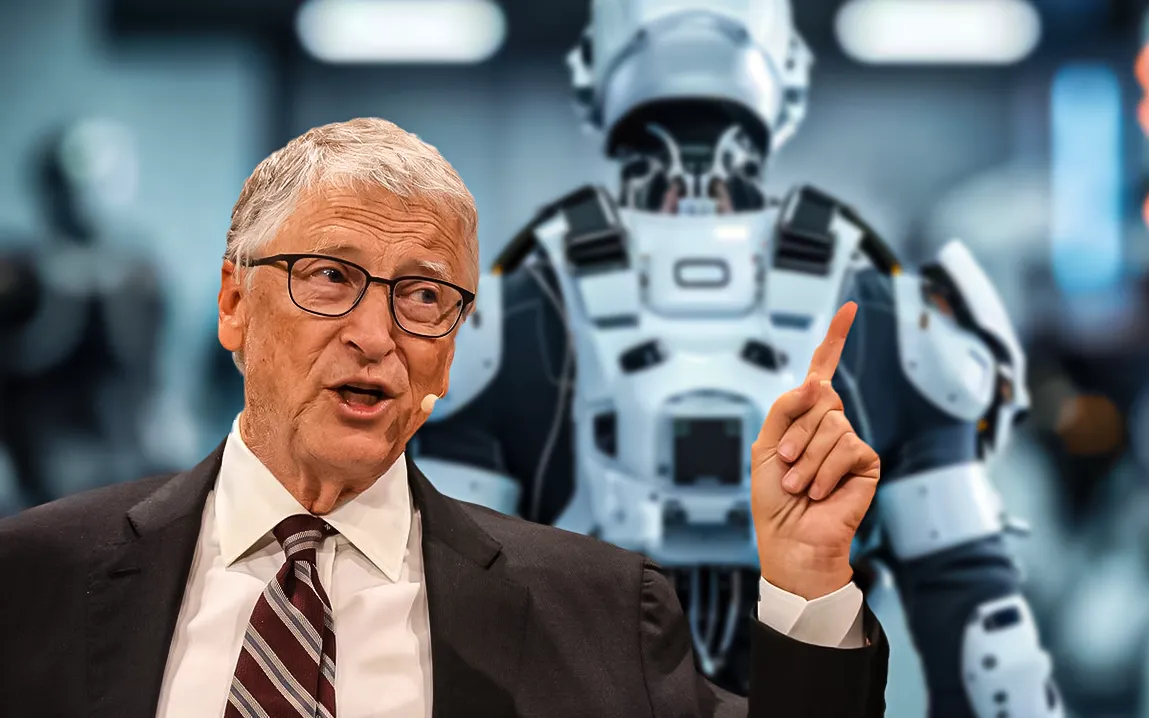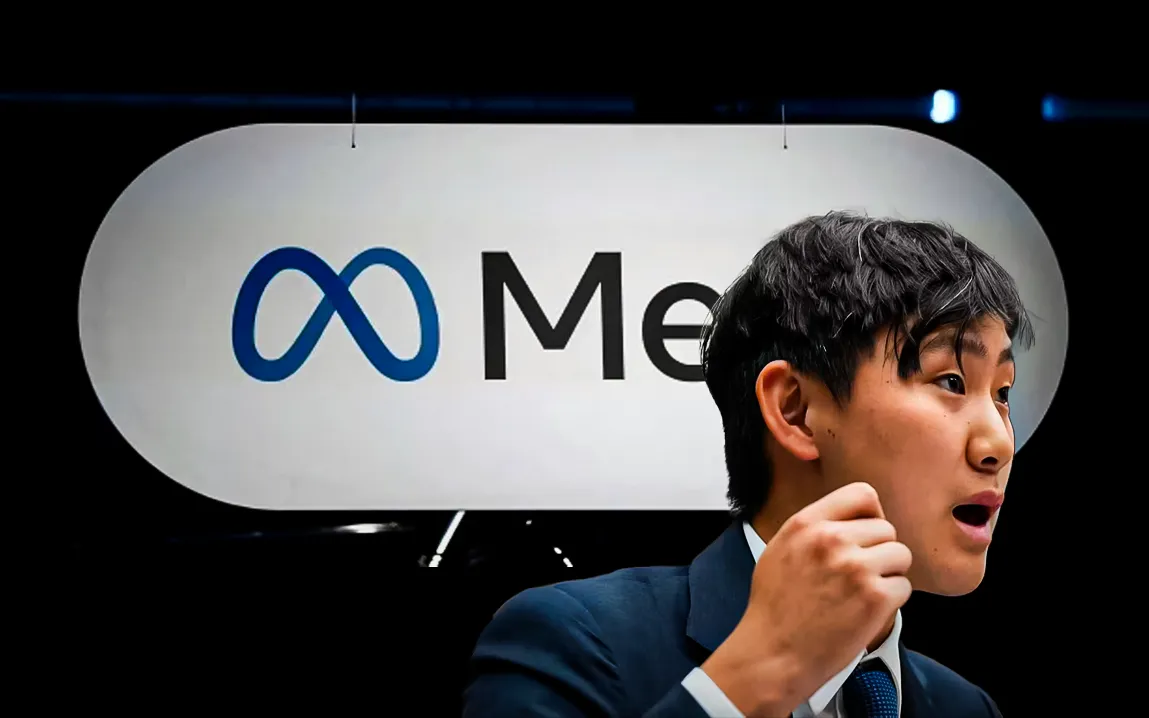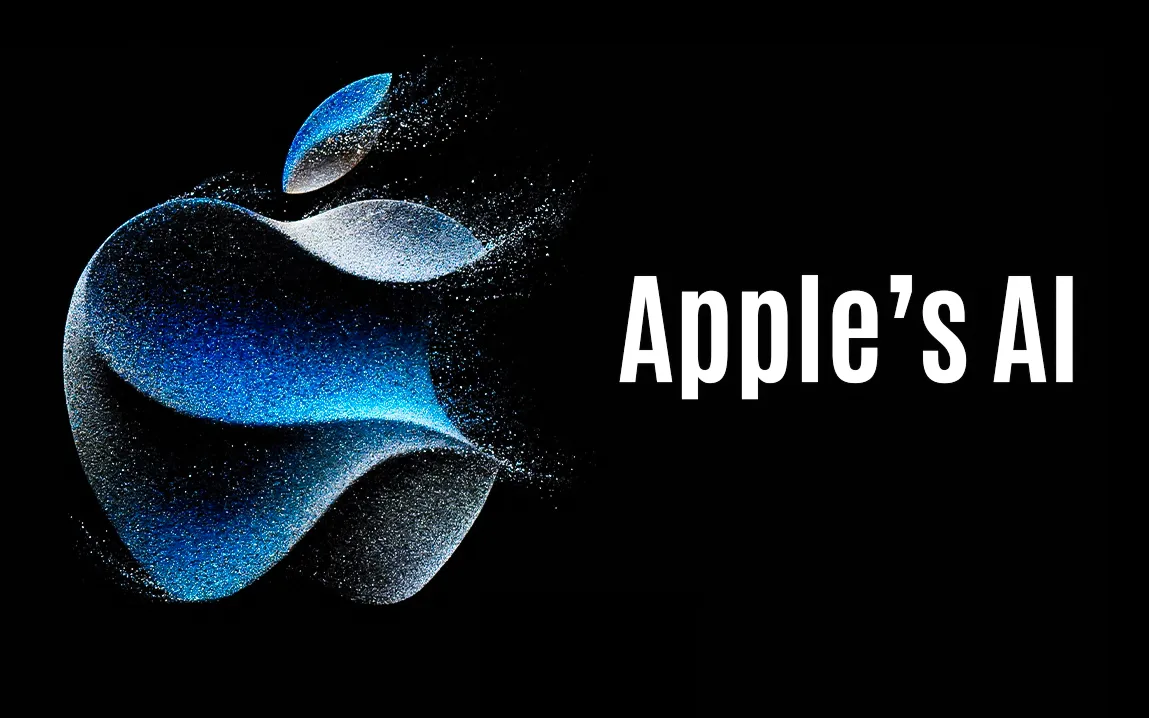In an interview recently conducted on NBC’s “The Tonight Show,” Microsoft co-founder Bill Gates forecasted that future developments in artificial intelligence (AI) will drastically decrease the demand for human professionals as medicine practitioners and educators within the course of a decade. Gates saw a future in which AI delivers quality medical advice and tutoring and, in turn, makes such services easily accessible and free to all.
Gates pointed to the existing shortage of high-quality expertise, pointing out that society tends to depend on outstanding individuals—a “great doctor” or a “great teacher”—for quality services. He expects AI to democratize access to such expertise, thereby overcoming this constraint.
In another interview with Harvard professor Arthur Brooks, Gates characterized the next era as one of “free intelligence,” with AI technologies embedded into everyday life, transforming industries from healthcare to education. He recognized the speedy progress in AI development as “very profound and even a little bit scary” because of its rapid growth and tremendous potential.
The potential for AI to replace human jobs has generated a lot of controversy. Some analysts believe that AI will increase productivity and open up new economic prospects, while others are worried about job loss. Microsoft AI CEO Mustafa Suleyman has warned that AI developments may cause major disruptions in the labor market.
In spite of these worries, Gates is positive about the benefits of AI, including medical breakthroughs, global warming solutions, and affordable education. He holds the opinion that although AI will take over areas such as manufacturing and agriculture, some human experiences like entertainment cannot be replicated.
Gates also recognizes the obstacles brought about by AI’s speedy growth, such as misinformation and mistakes. However, he is urging young creatives to use AI, seeing it as a “fantastic opportunity” for the younger generation.
As AI develops further, its influence on industries and the workforce will be under close scrutiny, with discussions ongoing regarding how to maximize its potential while preventing risks that come with it.



